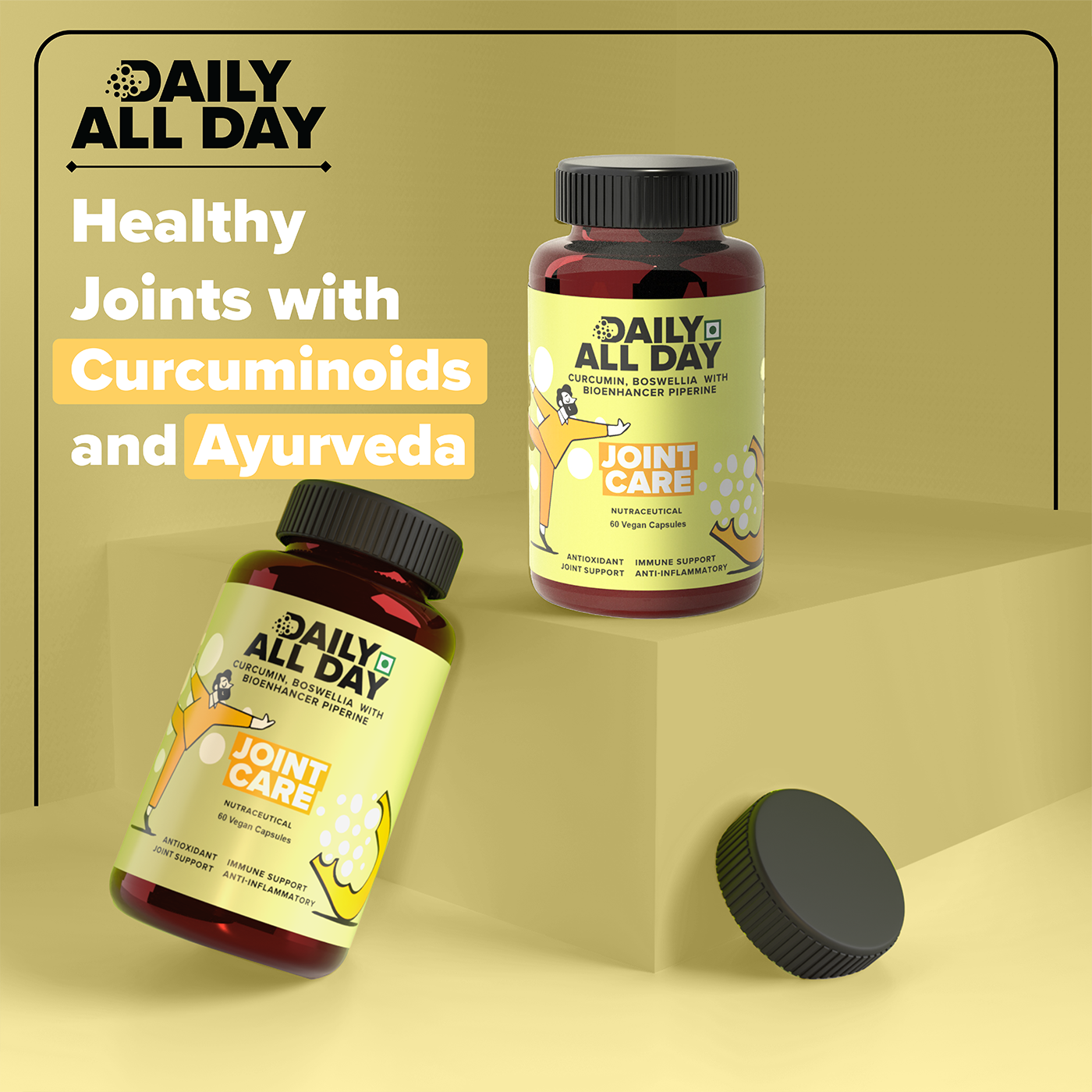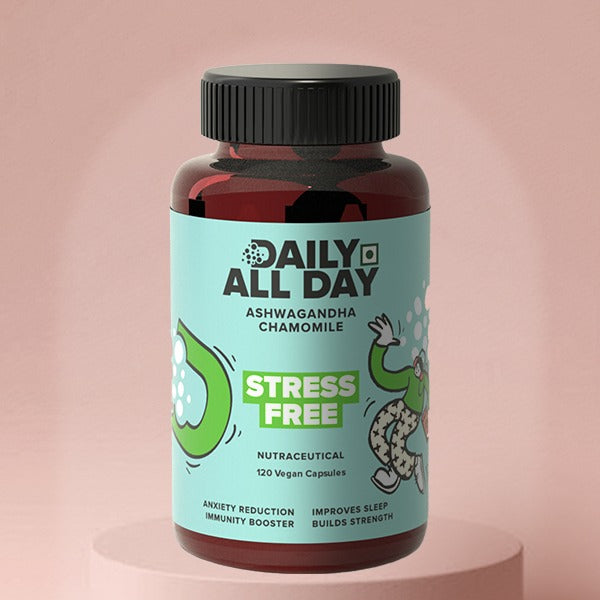Many people around the world are impacted by the common problem of chronic pain. The treatment for pain is usually dominated by drugs and therapies, but nutrition has always been a crucial ally. By being aware of how a diet impacts inflammation and how our body reacts to it to experience pain, we can decide our path to recovery. Let us explore the diet that alleviates chronic pain.
Understanding the Connection Between Food and Pain
Body inflammation can stimulate chronic pain problems like arthritis and back pain. Inflammation can be either increased or decreased in large part by diet. While some foods can exacerbate inflammatory reactions, others can lessen them. Recognizing this link is the first step toward using food as a pain reliever.
The Impact of Inflammation
The immune system responds naturally to inflammation, but when it becomes chronic it can cause a variety of health problems including pain. Studies reveal that dietary decisions can influence the body's inflammatory levels, either positively or negatively. Adopting an anti-inflammatory diet may help you have a better overall quality of life and lessen the severity of your pain.
Foods to Embrace: Anti-Inflammatory Ingredients

Here are some key foods that can help combat inflammation and provide pain relief:
- Omega 3s- Foods rich in omega 3 are known for their anti-inflammatory properties. Omega 3 essential fatty acids help reduce the production of inflammatory molecules in the body.
- Leafy Greens- Vegetables such as spinach are rich in antioxidants, vitamins, and minerals that can help lower inflammation and boost overall health as strength and stamina.
- Berries- Blueberries, strawberries, and other berries are abundant in antioxidants that fight inflammation and oxidative stress.
- Turmeric- This yellow spice is rich in curcumin, a powerful active ingredient and an anti-inflammatory compound. Adding turmeric to your meals not only boosts flavor but also provides health benefits as it reduce inflammation in body.
- Nuts and Seeds- Nuts such as almonds, walnuts, hemp seeds, flaxseeds and chia seeds are extremely good sources of protein, fiber, and good fats. They are known to help reduce inflammation.
- Olive Oil- Oleocanthal, a substance which is found in extra virgin olive oil, is an anti-inflammatory component. This heart-healthy fat can improve the flavor of your food and fights inflammation as well.
- Tomatoes- Lycopene, an antioxidant that helps in protecting cells from damage, found in tomatoes, has anti-inflammatory properties. Cooking tomatoes improves their lycopene concentration, so eating them cooked can help in relieving pain.
- Whole Grains- As they are rich in nutrients and fiber, whole grains like barley, millet, brown rice, and oats can help reduce inflammation indicators in the body. They offer long-lasting energy and support digestive health.
Incorporating these anti inflammatory foods into your diet doesn’t have to be complicated. Studies show that what we eat can either ramp up or dial down inflammation in our bodies. By adopting an anti-inflammatory diet, you might find not only a reduction in pain but also an improvement in your overall quality of life.
Conclusion
Chronic pain might be crippling, but your food can have an effect on how you feel. It is possible to reduce discomfort and assist your body’s natural healing processes by incorporating foods that decrease inflammation in your diet. Daily All Day urges you to remember that every small change counts. A balanced diet, combined with a healthy lifestyle is a key to managing inflammation.
Frequently Asked Questions (FAQs)
- Can diet really affect chronic pain levels?
Yes, diet significantly impacts inflammation in the body, which is a major contributor to chronic pain. Some parts of a diet can increase inflammation, while others can help in reducing it which leads to pain relief.
- What are some foods that trigger inflammation?
Foods that are often associated with increased inflammation are processed foods, unhealthy fats, red meat, fried foods, refined carbohydrates and sugary foods.
- How long does it take to reduce pain levels with dietary changes?
The duration can vary considering the severity of chronic pain, but many people experience improvements in pain and overall well-being within a few weeks of adopting an anti-inflammatory diet.
- Can supplements help with pain relief?
Certain supplements, like ginger, turmeric (curcumin), and omega-3 fatty acids, may help with pain alleviation. To be sure that supplements are right for you, it's crucial to talk about them with your doctor.



















